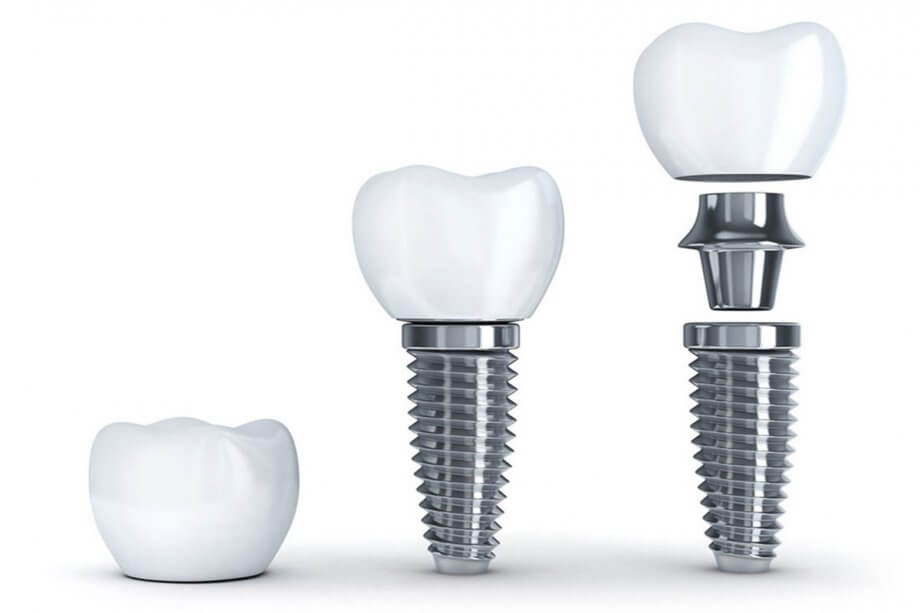Primitive dental implants were used as far back as prehistoric times, and they were surprisingly common by 600 AD. Modern dental implants came about in the 1970s, and they truly took the world by storm starting in the 1990s. Today, dental implants are considered the gold standard to replace missing teeth, but they are still shrouded in myths and legends. Here is the truth behind 4 common dental implant myths.
1. Dental Implants Are Painful
It is true that dental implants require minor oral surgery, so some mild discomfort is to be expected. Most patients report, though, that dental implant placement is far less painful than tooth extraction. A skilled oral surgeon using modern technology can perform the procedure in a virtually pain-free manner.
If you are prescribed pain medications, take them as instructed even if you feel fine. It is much easier to stay ahead of pain than to fight existing pain. Most people are back to work in 48-72 hours.
2. Dental Implants Are Expensive
It is true that dental implants cost more up front than other solutions such as dental bridges or dentures. However, those restorations rarely last for more than 10 years. In addition, dentures cause bone loss and must be relined each year, while bridges raise the risk of future issues with the anchor teeth. With proper care, dental implants can easily last a lifetime.
Be careful with “too good to be true” offers. You do not need the most expensive dental implants in town, but the cost should be reasonably in line with other providers in your geographic area.
3. Only Those in Excellent Health Can Get Dental Implants
It is true that dental implants must be placed in a clean, healthy mouth, so we will treat any existing oral health problems first. It is also true that underlying health conditions such as bleeding disorders or diabetes must be tightly controlled. In addition, some people may need bone grafting to build up the jawbone before dental implants are placed. Within these parameters, though, virtually anyone can be a candidate for dental implants.
4. Dental Implants Often Fail
Dental implants are made from biocompatible titanium, which is virtually impossible for the body to reject. On very rare occasions, a dental implant may not fully fuse with the jawbone. However, success rates across the board are approximately 95 percent. A skilled oral surgeon whose patients carefully follow aftercare instructions can reach a success rate upwards of 98 percent.
Ready to Get Started?
If you are ready to start your journey to dental health with a skilled and compassionate dental team in the Boston area, contact Main Street Dentistry & Orthodontics today at 781-396-6900 to schedule your first appointment.
